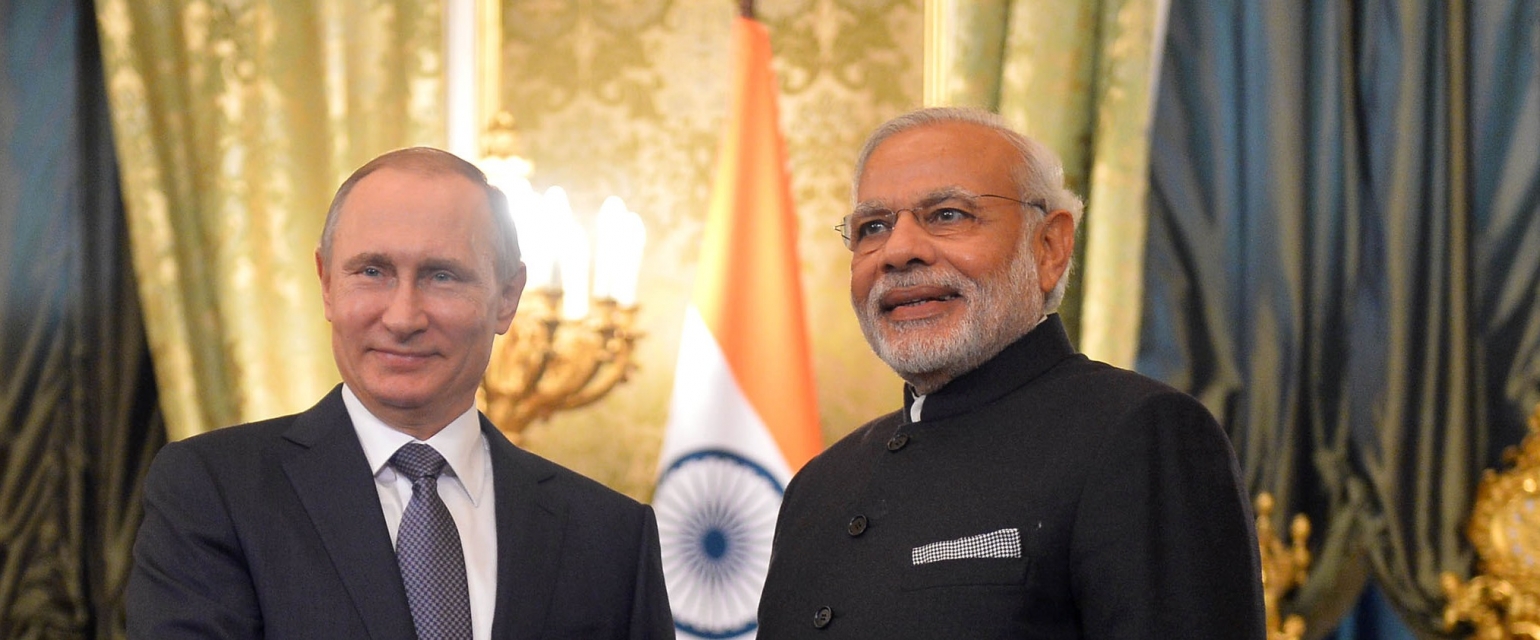

The final month of the year was not an easy one for Russian diplomacy. In December, rising tensions, combined with Russia’s willingness to respond firmly to the growing challenges of international politics, dominated the geopolitical agenda. Against this backdrop, Moscow keeps signaling its readiness to enter the negotiation process on a wide entire range of international issues, from Ukraine to Syria.
10. The question of a Russian military air base in Belarus remains open
The visit of Belarusian President Alexander Lukashenko, originally scheduled for late November, took place on Dec. 14-15. Lukashenko needs at least $2 billion to support the Belarusian economy, but he could not get this amount from the Kremlin, although there were some signs of hope that he could get assistance.
According to the Russian ambassador in Minsk, “There is an understanding that both sides, during difficult times, are ready to lend each other a hand, including in the form of financial assistance.” For his part, Putin has not yet received consent from the Belarusian leader to place a Russian Aerospace Forces base in the Belarusian city of Bobruisk. This issue was discussed back in 2013, and not so long ago, seemed to be a done deal.
9. Trade benefits for Ukraine ended
A free trade zone will start operating between Ukraine and the EU on Jan. 1, and Ukraine’s participation in the CIS Free Trade Zone, established just three years ago, will end. In history, it has never been possible for any country to be a member of two free trade zones at once, and so it will be this time around. In addition, Russia has announced a reciprocal embargo against Ukraine on the import of food products, similar to the one that Moscow has implemented against the EU.
According to Ukrainian data, that country will lose about $600 million annually from being excluded from the Russian market. This figure is certainly underestimated. Trade between Russia and Ukraine has already decreased by 70 percent, compared to the year 2011, and in the future, volumes will continue to fall due to the ongoing recession in the Ukrainian economy. As a result of Kiev’s disastrous economic policies, Ukrainian officials are trying to justify the need to obtain new loans from the EU, the U.S. and the IMF.
8. Indian Prime Minister Narendra Modi’s visit to Moscow.
Indian Prime Minister Narendra Modi – accompanied by a large delegation of Indian politicians, experts, and business representatives – arrived in Moscow on Dec. 23. At a meeting with Vladimir Putin, Modi discussed cooperation in the military-technical and nuclear power spheres, as well as the expansion of Russian oil supplies to India.
India is preparing to carry out a large-scale rearmament program, on which it is planning to spend about $150 billion. Delhi is demonstrating the greatest interest in Russian military shipbuilding, Russian S-400 Triumph air defense systems, and cooperation in the production of fifth-generation fighter jets – the PAK FA (T-50).
Contrary to expectations, by itself, this first state visit of Indian Prime Minister to Russia has not led to major arms contracts being signed. Nevertheless, there is reason to believe that large-scale contracts in the area of military-technical cooperation between India and Russia, totaling approximately $7 billion, will be signed sometime next year.
Continue reading at Russia Direct
Negotiations on the fate of the Russian humanitarian convoy of nearly 300 trucks, which has already been on the Russo-Ukrainian border for nearly a week, are drawing to a close. The sides have agreed on all issues related to customs clearances, and observers have not found any weaponry at all in the trucks.
Last week, right before Foreign Minister Sergey Lavrov's diplomatic visit to Italy, Rome announced that it would temporarily block the renewal of EU sanctions against Russia. In the meantime, the issue with Ukraine's refusal to repay its debt to Russia has not been resolved, and it became clear that a compromise was not likely to be found before the end of the year. Finally, another important development was the change in Russian legislation that now establishes the priority of national law over international court rulings.
One thing has become clear: the ‘Crimean question’ has at least two dimensions – the international and the internal. The ‘return to its home haven’ has not solved any of Crimea’s many problems; on the contrary, Russia’s leadership now faces an urgent need to find an adequate solution to them.
Russian-Georgian relations have been deadlocked despite the nominal growth of trade and tourism from Russia and certain progress in the talks on the cargo transit via Abkhazia. Solutions to the problems that hinder bilateral relations can only be found in a new context based on new ideas. But first Russia and Georgia should decide if they need to improve their relations.